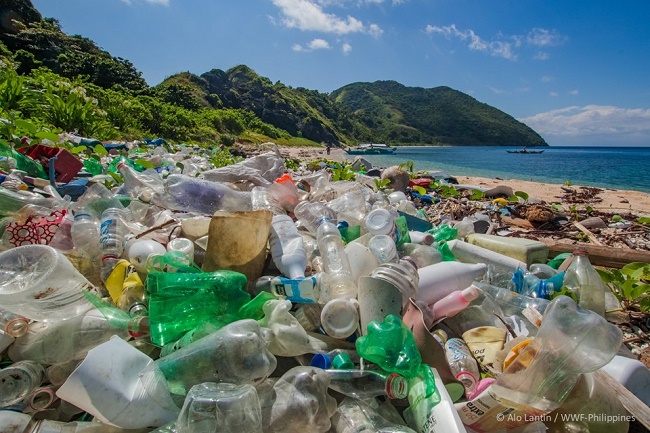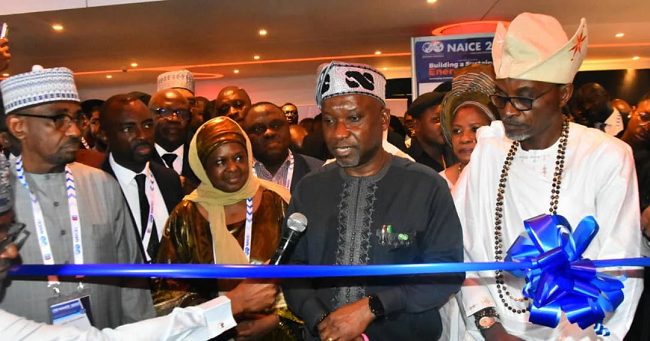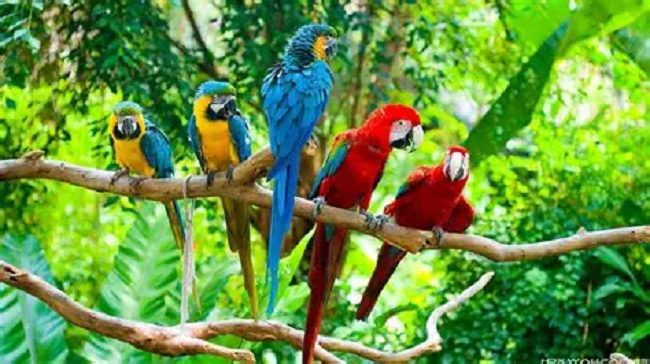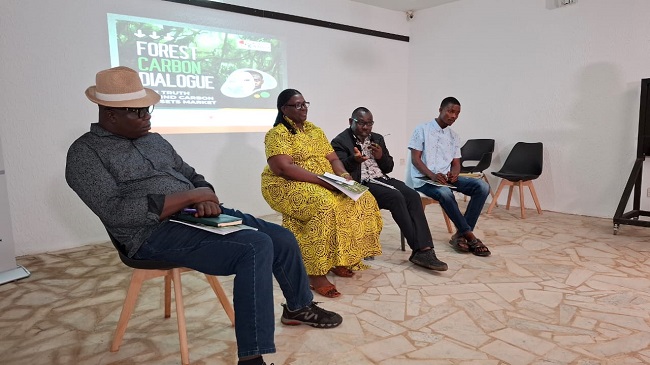As the world marks World Elephant Day under the theme “Bringing the world together to help elephants”, wildlife conservation organisation, Wild Africa, has urged Nigeria to intensify efforts to protect its dwindling elephant population by mitigating rising human-elephant conflicts which often leads to crop raiding, injuries, and fatalities on both sides.
Nigeria’s new National Elephant Action Plan (NEAP) identifies human-elephant conflict, particularly crop raiding, as the most significant threat to the remaining elephants in the country. In July, headlines and videos across Nigerian media told the tragic story of a farmer who was killed by an elephant in Ogun State.

As reports of human-elephant conflict appear more frequently in the media, conservationists warn these encounters are likely to rise. Habitat destruction is driving elephants into closer contact, and sometimes conflict, with people who may retaliate over damaged crops or property.
“The recent event in Ogun state is a reminder that protecting elephants also means protecting people,” said Dr. Mark Ofua, West Africa Representative for Wild Africa. “When elephants have space, corridors, and secure habitats, they are less likely to come into conflict with communities. Coexistence is possible, but it requires planning, investment, and law enforcement.”
Nigeria’s elephant population has dropped dramatically from over 1,200 three decades ago to just 300-400 individuals today, divided into small, isolated herds. The largest single herd – about 100 elephants – lives in Yankari Game Reserve in Bauchi State. At the same time, other populations survive in Cross River National Park, Okomu National Park, and other forest reserves in the south. The key threats to their survival are deeply interconnected. Poaching for ivory remains a serious problem, as do habitat loss from logging, agriculture, and infrastructure development.
The shrinking of elephant habitats across Nigeria is limiting their movement and pushing them into farmlands and villages in search of food and water. This can lead to fatal incidents, such as the recent human-elephant conflict in Ogun State.
This growing problem, according to Wild Africa, is not just a safety issue; it undermines ongoing efforts to protect Nigeria’s remaining elephants and damages trust among local communities who start perceiving elephants as a threat, rather than unique mammals worth protecting.
The pointed out that addressing it requires smarter land-use planning and other innovations to protect key habitats, better community engagement, and training on safe coexistence measures, as well as rapid response teams that can act quickly when elephants enter conflict-prone areas. For instance, in Zimbabwe, the WhatsApp chatbot Wildlife Info provides instant advice on dealing with elephant-related problems, tips for peaceful coexistence, and guidance on wild animal behaviour.
By simply texting the dedicated WhatsApp number, users can access methods to reduce conflict, crop damage, and livestock predation. This innovative tool makes vital information accessible to communities.
Reducing the levels of human-elephant conflict is one of the key objectives of the NEAP, which was developed by the Wildlife Conservation Society (WCS) and the Elephant Protection Initiative (EPI) Foundation in partnership with the Federal Government.
The plan aims to secure and restore habitats, connect fragmented ranges through wildlife corridors, and implement early warning systems, while supporting farmers with non-lethal deterrents, such as natural chilli repellent, noise-makers, digging trenches, and creating beehive fences.
It also aims to promote community benefits from elephant conservation, such as tourism opportunities, while boosting anti-poaching patrols and improving enforcement against ivory trafficking.
“Because we believe people and wildlife can only survive and thrive together, we need to work to train and equip local communities to implement appropriate, locally relevant mitigation measures while conducting awareness campaigns to disseminate information on these measures,” Dr Ofua added.
Meanwhile, Nigeria has made legislative progress with the Endangered Species Conservation and Protection Bill, 2024, which has passed its third reading in the House of Representatives and now with the Senate for consideration. If passed and signed into law by the President, this legislation would enhance Nigeria’s capacity to combat wildlife crime and mitigate the degradation of critical habitats for iconic species, such as elephants.
Wild Africa is calling on the Nigerian populace to cohabitate peacefully with elephants and avoid confrontation with these animals. The non-profit is running an awareness campaign across Nigeria, utilising TV, radio, print media, billboards, and social media to inform the public about safe practices near elephant habitats and the ecological importance of elephants.









